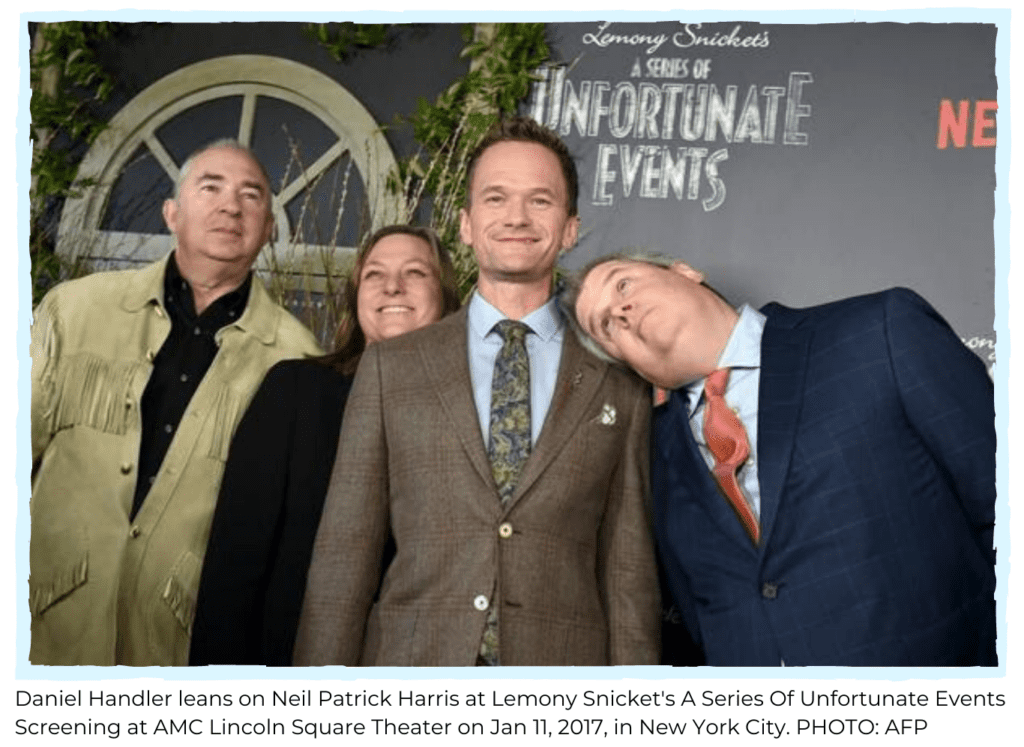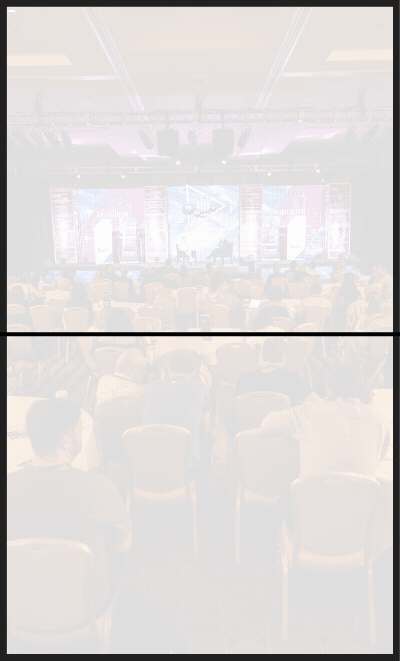Here’s the truth: the perfect length of an interview comes down to a few things, including the topic at hand, the length of the episode you’re producing, how long-winded (or short and sweet) your guest’s answers are, and plenty of other factors. This article isn’t a definitive answer but rather a meditation on the topic that’s an ongoing battle for many of us podcasters.

You Don’t Need More Time, You Need a Deadline
If you’ve ever said, “If only I had more time with the interviewee, I could have gotten better answers,” the good news is you’re not alone.
The bad news is you’re lying to yourself.
I can say this because I’ve been guilty of it too many times. Then I realized it wasn’t a matter of needing more time, it was a matter of making better use of the time gifted by the interviewee. One way to make better use of your time: give yourself less of it.
A parameter (like a deadline) makes the playing field clear. The biggest variable — time — is now known. This boundary may feel like a leash keeping you from reaching your best work, but it’s actually a psychological invitation for exploration. Without limitations you can wind up with blue sky brain, more commonly known as the paradox of choice. Having tons of choices may feel like the answer, but it only ratchets up the difficulty of decision making.

A psychological study of how children use playground space showcases our need for restriction. On playgrounds with no fence, the children tended to group around the teacher. However, on playgrounds with fences, the children made much greater use of the space, running and playing, feeling free to explore this clearly defined area.

In order to think outside the box, you first need the box. By asking for less time from our interviewee, we create a smaller box in which every moment counts. Time is of the essence and so our minds kick into a more concentrated level of thought, actively listening and deciphering and recalibrating much more frequently. Asking for 30 minutes instead of 45 or even 60 can yield a deeper, more robust interview. 
An added bonus: People are more likely to say yes if you ask for less of their time. I’ve found in independent projects there’s an inverse relationship with time and higher-end interviewees; the more time you ask for, the less likely you are to land a bigger fish. Asking for less time will increase the odds of booking time with the Bills Gates and Taylor Swifts of the world.
Keep in mind time is one of the Big Three Asks an interviewee considers before saying yes: time, topic, and personal gain. Make all three light up as positives in the interviewee’s mind, then make the most of your time together when you get it.

Make Plans…Then Trash Them
Your questions are killer. You’ve got the interview all planned out. In fact, you’ve already been editing the episode in your head and—not to brag—but it looks like it’s gonna be pretty damn good.
Now throw it all away.
How did that feel to get rid of it all? Probably hurt a bit. Maybe felt like Chuck Norris landed a roundhouse kick to your heart. This level of discomfort sucks, but it’s the best way I’ve found to chase the conversation that matters, rather than the one we’ve imagined. Create the outline knowing you’ll likely throw it all away.
Don’t worry, you’re not throwing away your work. The time you spend researching allows you to ask more informed questions and pose connections to parts of the interviewee’s answers with a snap.

If the interviewee veers off topic, follow their train of thought. If the rail leads to any interesting stops, hop off and poke around. You may not have much time, but remember a plan creates intent. Adaptability opens possibilities.
Throwing Out My Questions for Lemony Snicket
While interviewing Daniel Handler (aka Lemony Snicket, the author of A Series of Unfortunate Events), I went in with a plan based on a few hours of research. I knew exactly what anecdotes he’d shared in the past I wanted to expand on and what new stories of his I wanted to traverse.
As anticipated, it all went out the window.
What I didn’t expect was just how quickly it would happen.
After asking the very first question (“Do you remember the first story you ever made up?”), 80% of my plan went down the drain…and I couldn’t have been happier.

His answer led us down a path of reminiscing on the impact libraries, these vast museums of stories, had on his childhood. “I knew I wanted to be a writer ever since I could remember,” he said. He went on to wax nostalgia about a librarian who took him by the hand and led him to the adult section when he was old enough to dive into the literary greats.
The topic of libraries turned out to be a path to a bigger truth of his life disguised as a tangent, and became the basis for the episode. Had I insisted on sticking to my original plan, I would have missed out on the richer story Daniel plucked from his garden of experiences. This direction touched on the heart of my intent not just for the episode, but for the series as a whole—the “why” behind what we do.
I came. I saw. I was shown a better way.
Sometimes, being wrong is the best thing we can be.
Key Takeaways
![]() Less is more — but only if you make it so.
Less is more — but only if you make it so.
![]() In order to think outside the box, you first need the box.
In order to think outside the box, you first need the box.
![]() A plan creates intent. Adaptability opens possibilities.
A plan creates intent. Adaptability opens possibilities.
![]() Keep in mind the Big Three Asks: time, topic, and the interviewee’s personal gain.
Keep in mind the Big Three Asks: time, topic, and the interviewee’s personal gain.





Join the Movement